Finish Off the Summer Right!
Summer vacation is officially drawing to a close (if it hasn’t already), and back to school season is in full swing. But, if your kids are feeling down from returning to the rigid schedule of classes, homework, and clubs, help them make the most of the last bits of summer feeling. For that matter, parents should take advantage of it too!
While our recent blogs have focused on preparing teachers and parents for the beginning of the school year, this one focuses on making the most of the end of the summer. Even if your school district has already started up again, take some weekend time while the warm weather still lingers. Here’s some ideas to smooth the transition into the school year.
Plan a Get-Together

Whether in celebration of back to school or the end of summer, think about arranging a get-together for parents and kids alike. Those with a yard could choose to host a barbecue and pull out the water guns for the kids. As the school year continues, big gatherings start becoming more difficult to arrange for students and their parents.
Talking with fellow parents also gives you the chance to make sure everything is prepared for the new year. Kids, meanwhile, return to socializing with their school friends a little early. It never hurts to help them prepare for the sudden influx of social contact.
Even if you’re not the hosting type, think about arranging something out in the neighborhood. Send the kids to the pool or even head to a restaurant. Just make sure you all get the chance to spend some quality time with people you enjoy while there’s more time to do it.
Have a Pajama Day

Take a day to simply relax! Don’t get dressed and don’t go out. Lounge about in the AC and take 24 hours to stop worrying about the work you need to do. Instead, think about ways you can arrange family time together. Watch some TV, put together a puzzle, or play some board games.
Once school starts, your kids won’t have as much time to simply hang out. Likely, neither will parents. An indulgent pajama day is the perfect way to say goodbye to summer without any kind of pressure.
At the same time, it offers a good way to convince your kids to spend some time with you, particularly if they’re older. It’s even possible to keep them away from screens for the day, if any parents get worried about the amount of time kids spend on computers during the school year. Take advantage of the summer heat to create some valuable personal time together.
Make a Photo Album

One thing you can do on a pajama day is go through your memories of the summer with your kids. Pick out the best pictures from time spent together on adventures or vacations and print them out from your computer or phone. Make your own photo album from construction paper if your kids are the craftier type, or buy one that’s pre-made.
While you reminisce, talk with your kids about their favorite part the summer. As they arrange the photos, parents can learn the best parts of the summer honestly. As an added benefit, talking about the summer will also allow them to practice for the inevitable back to school icebreakers they’ll receive.
Hang Out Together with Games
Our Excavate! series is currently 30% off with the code BACKTOSCHOOL18 on our online store. Reintroduce your kids to education in a fun way, allowing them to discover all about six unique ancient cultures through archaeology. The games can be bought separately or in a bundle, but all of them are 30% off. Learn more about Excavate or go to the online store now to buy your license.



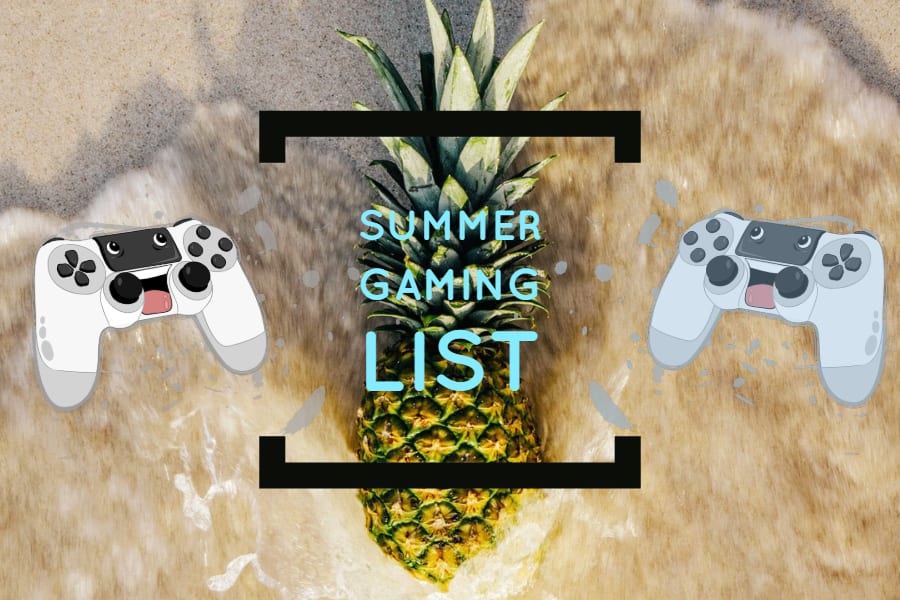
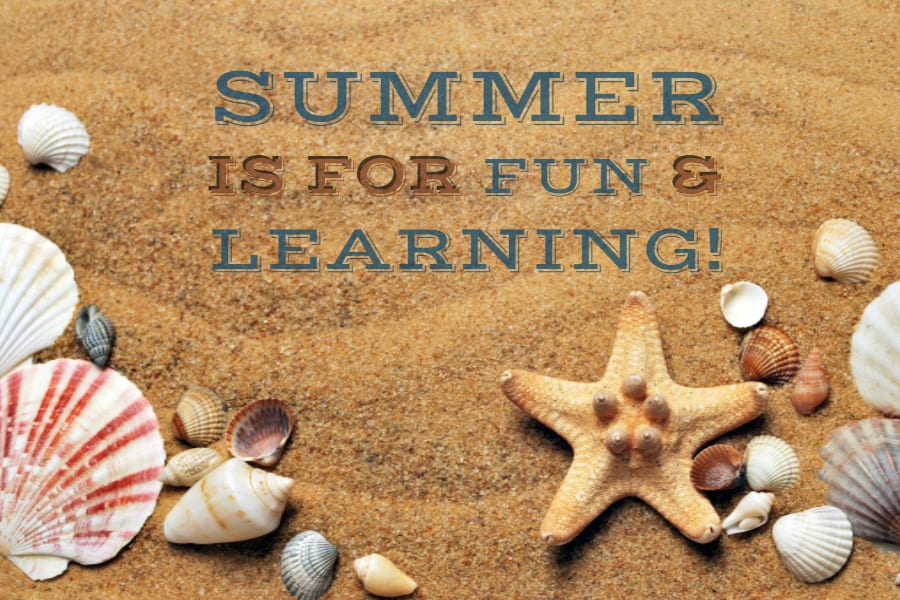



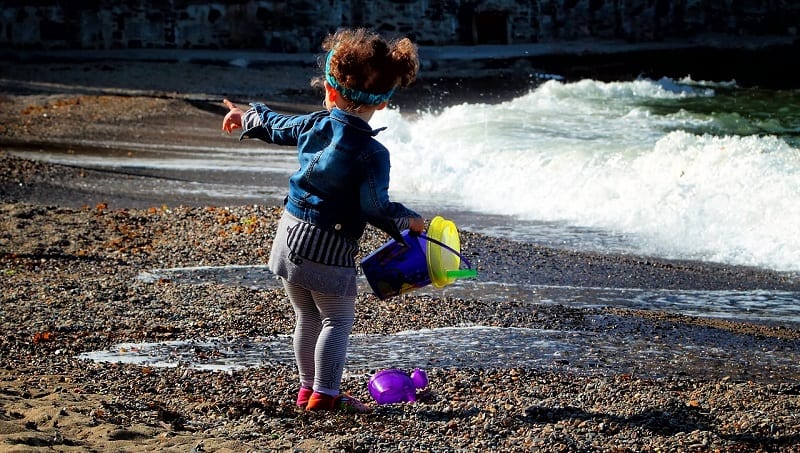
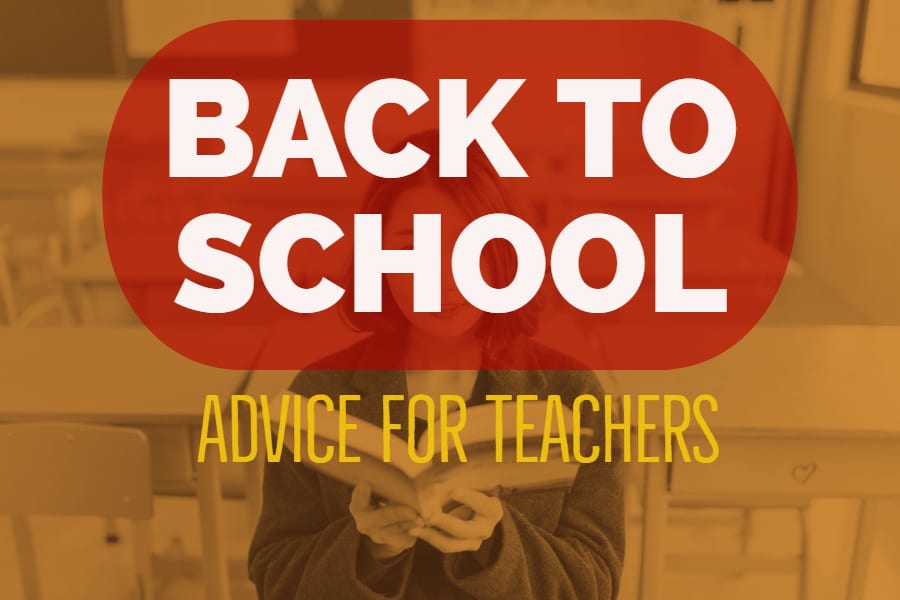
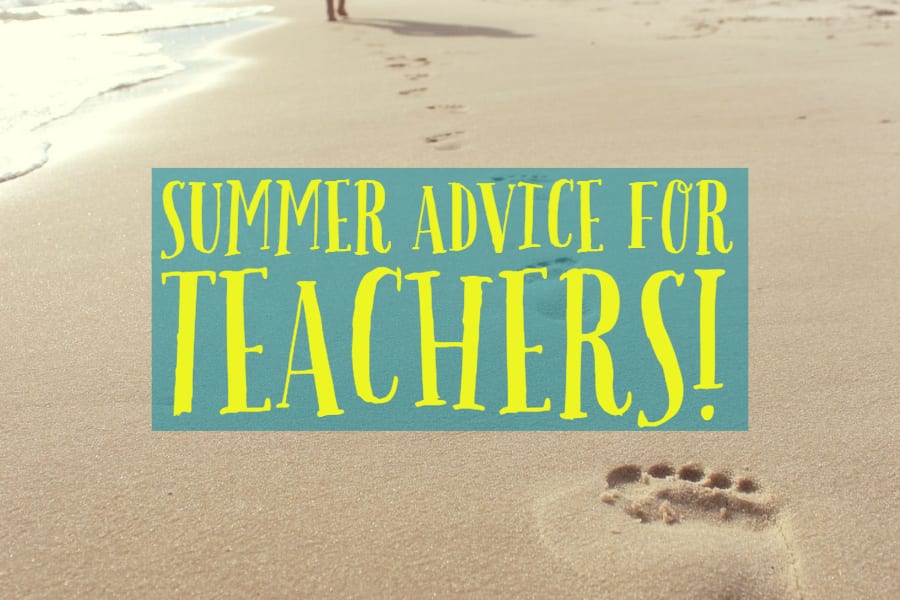
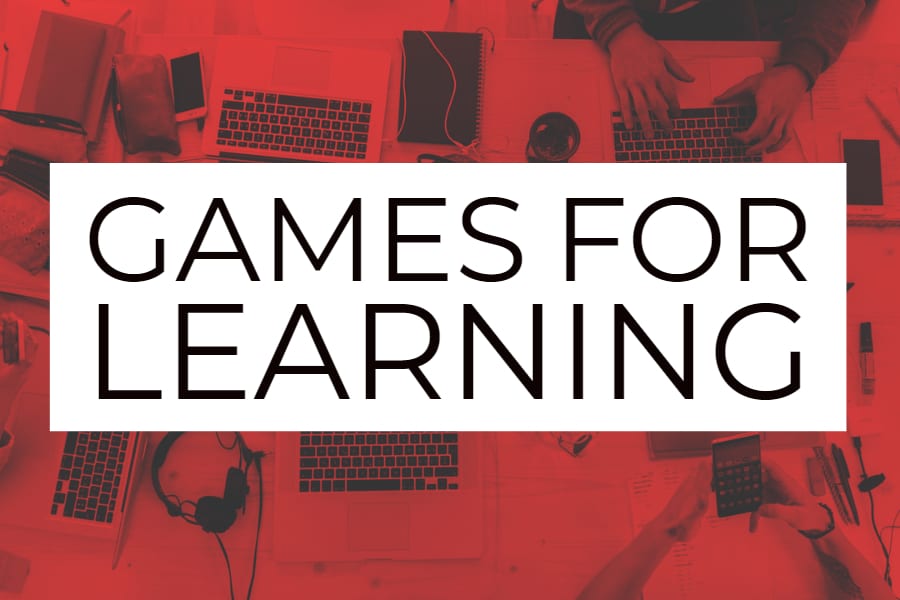

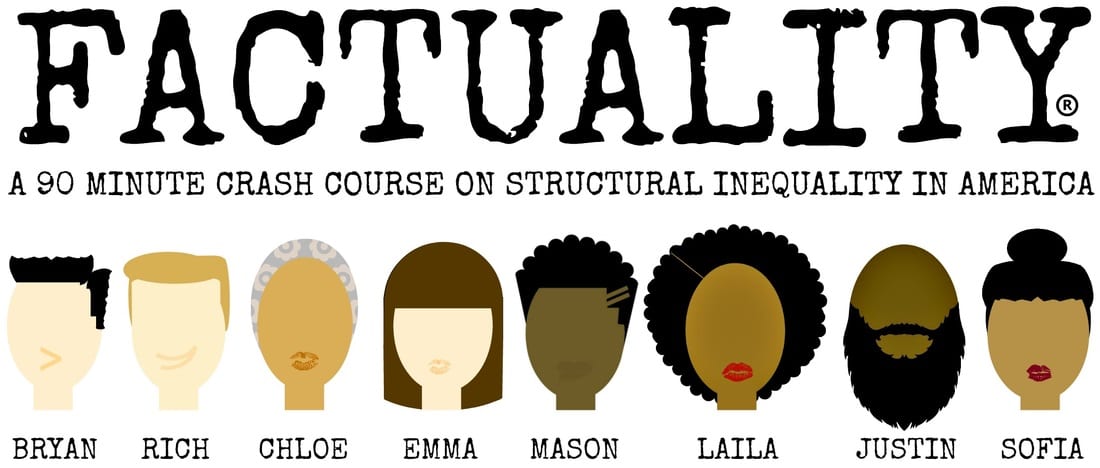
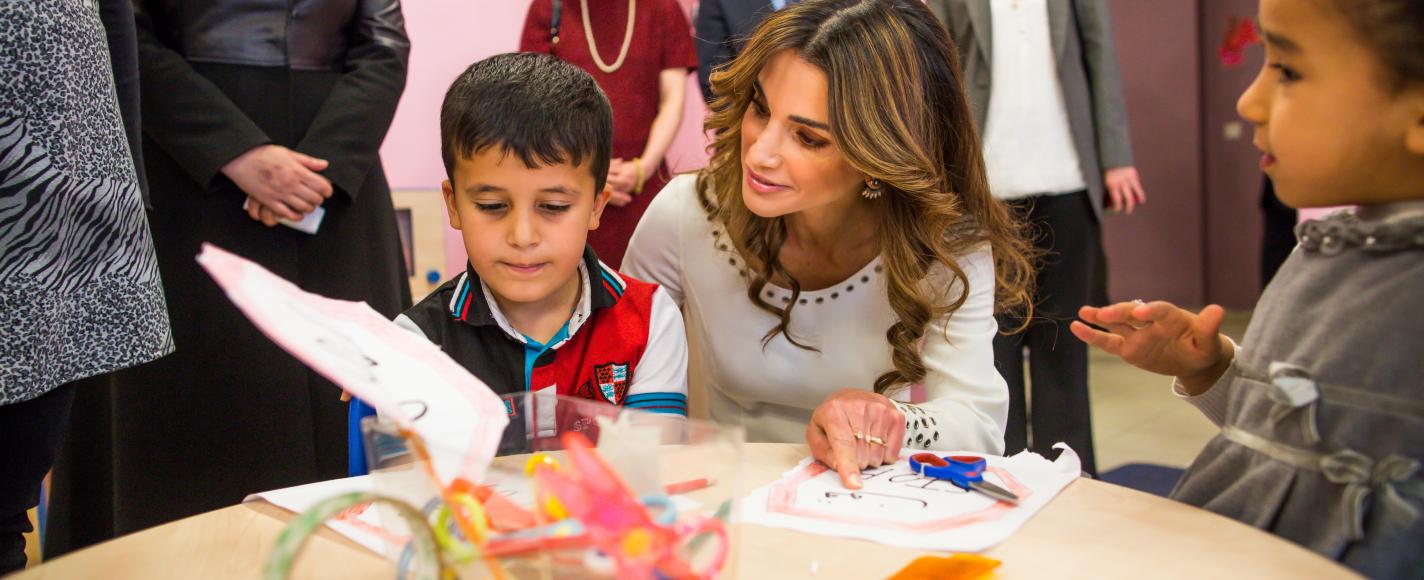

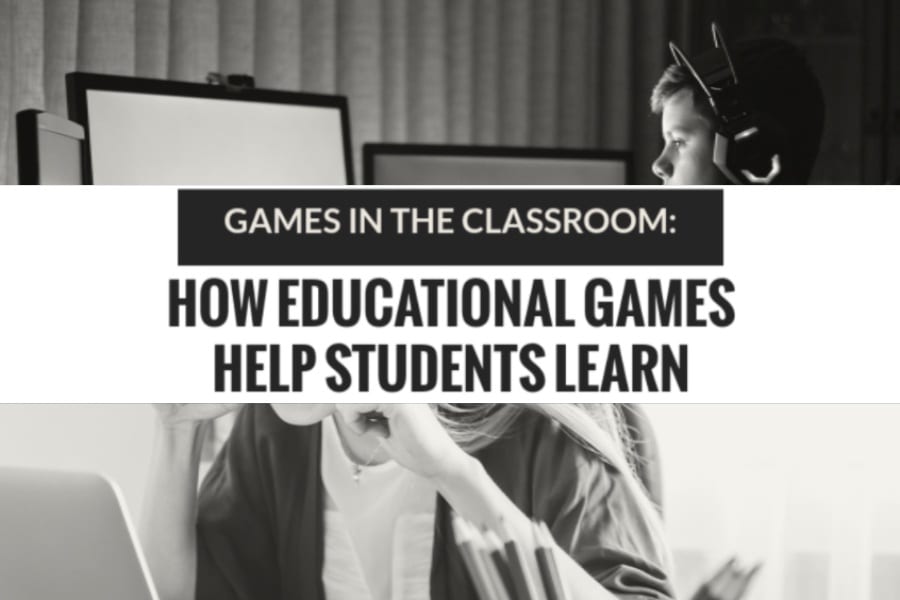
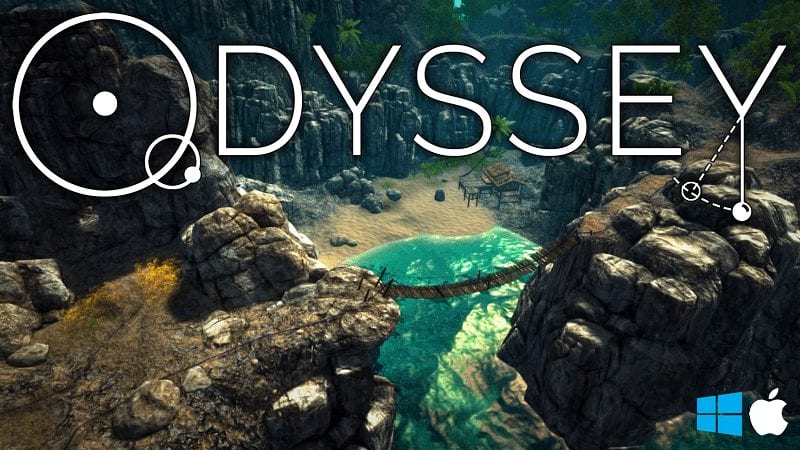
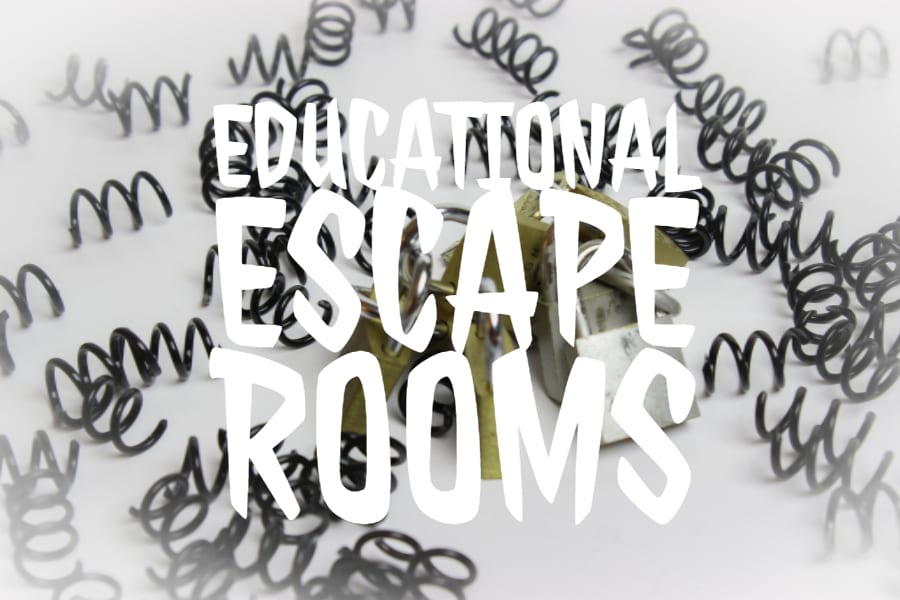





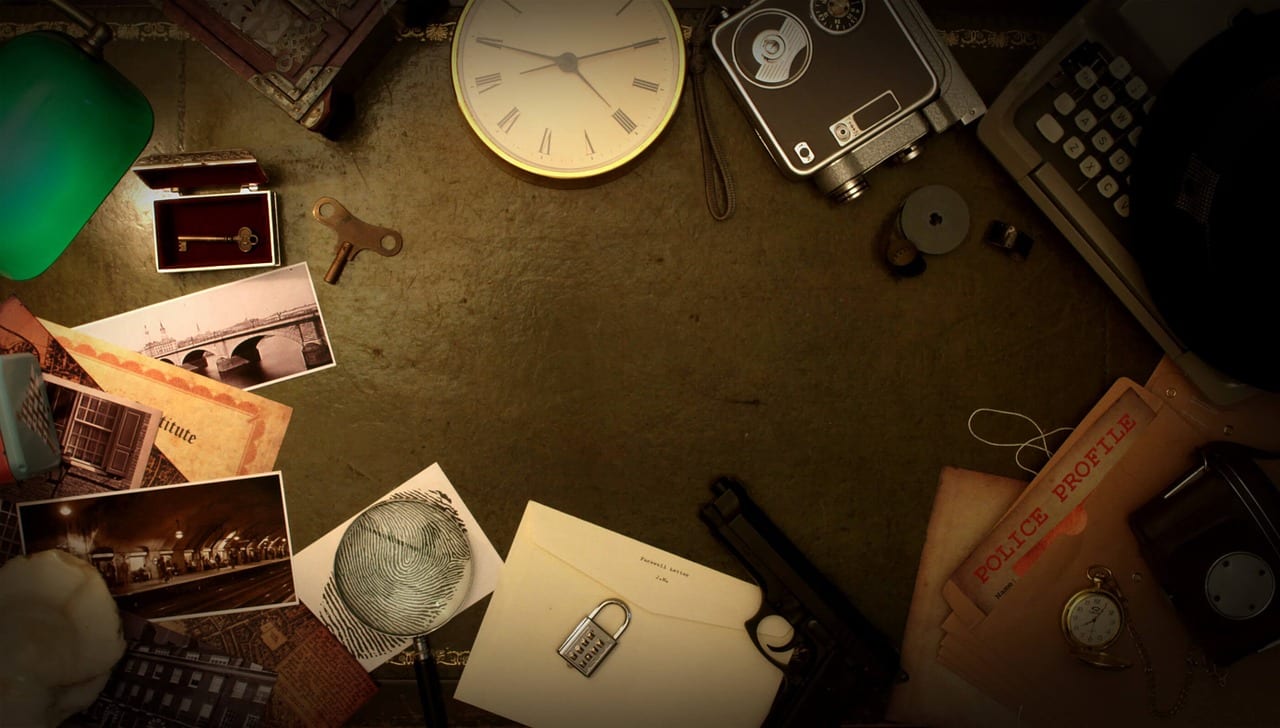
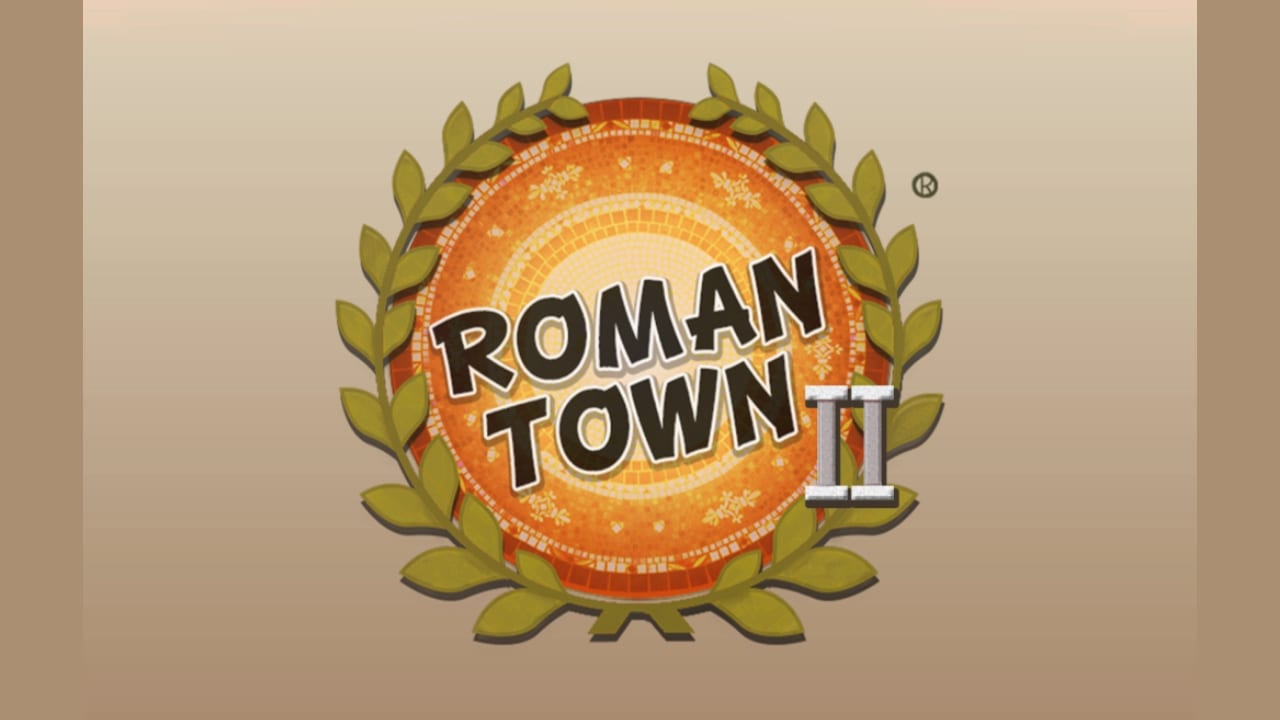


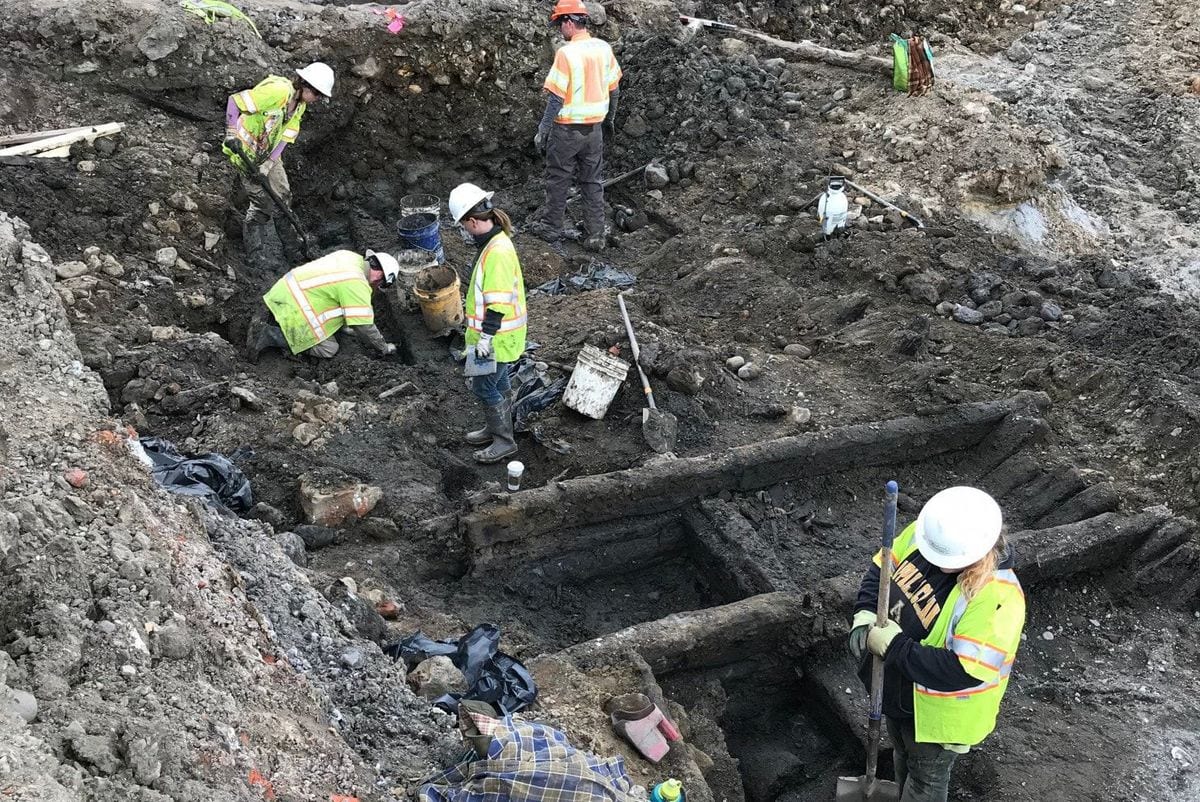
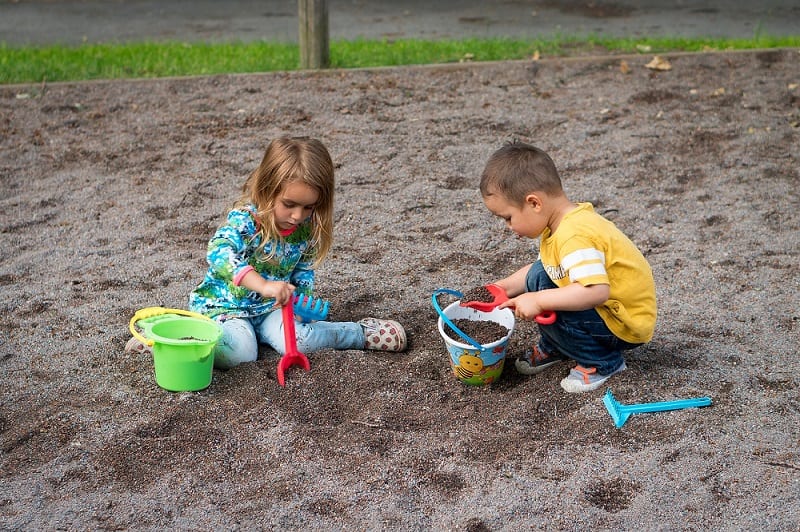
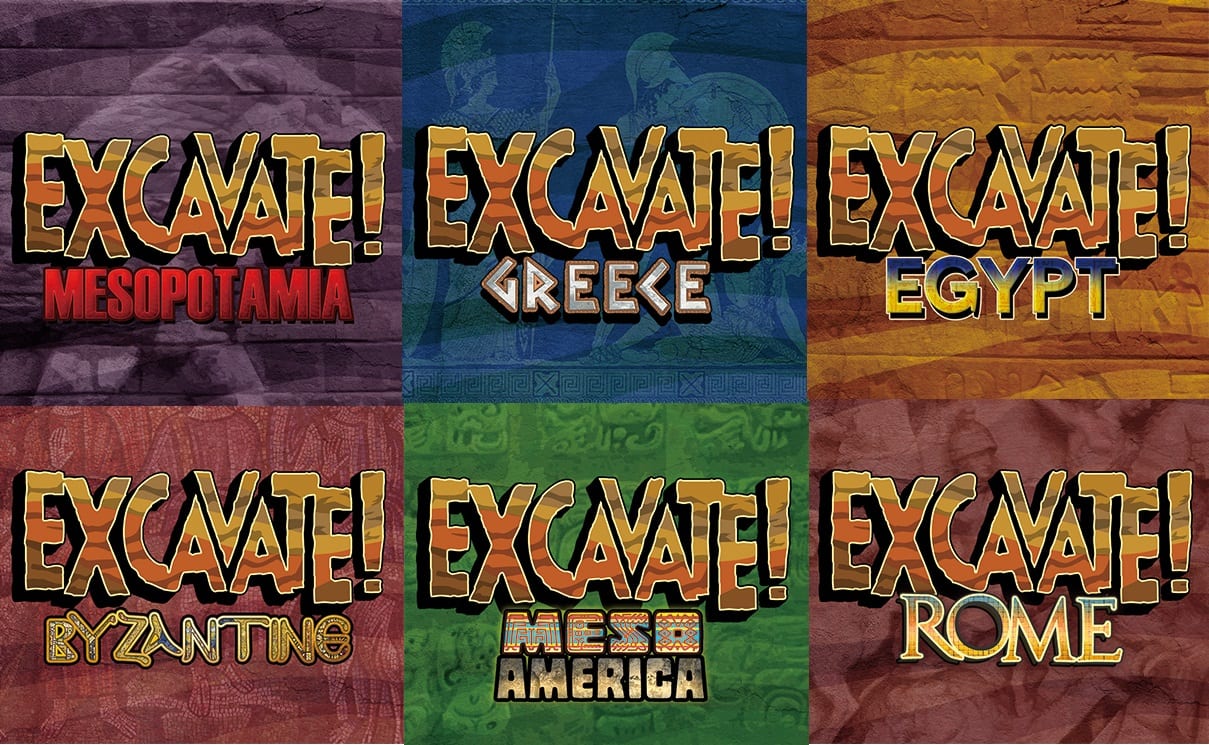
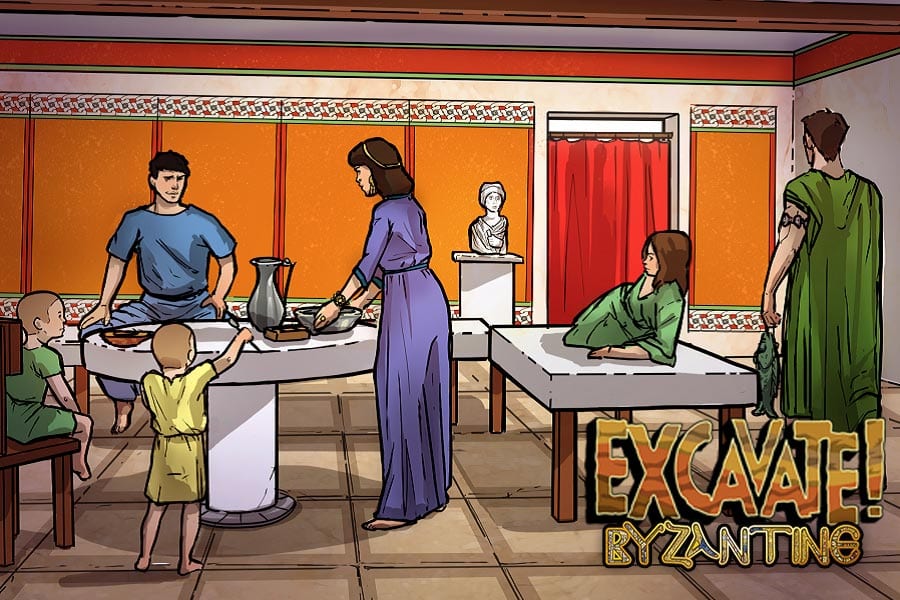
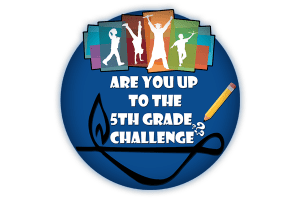


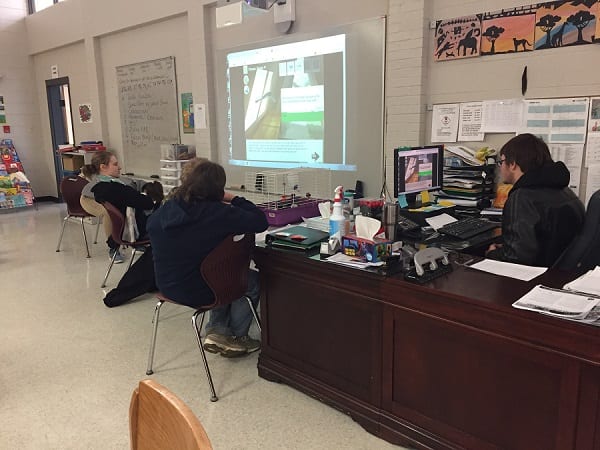
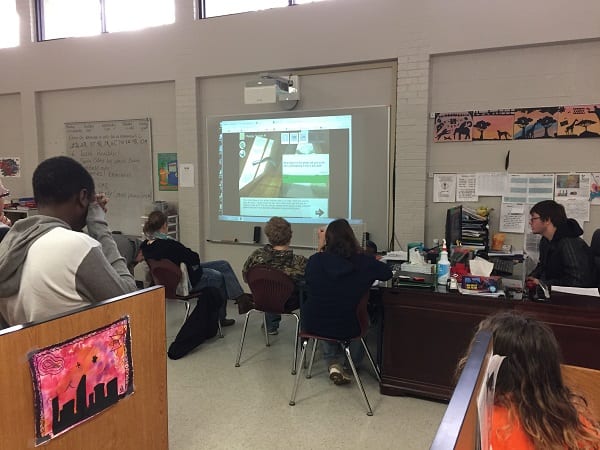
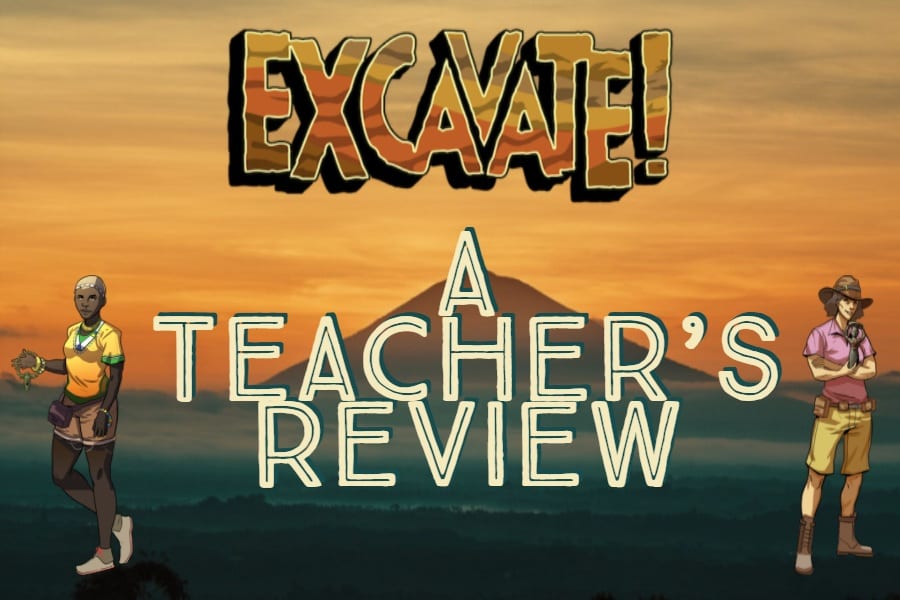
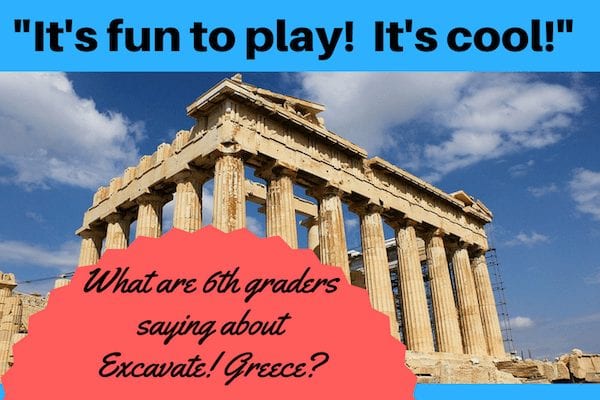
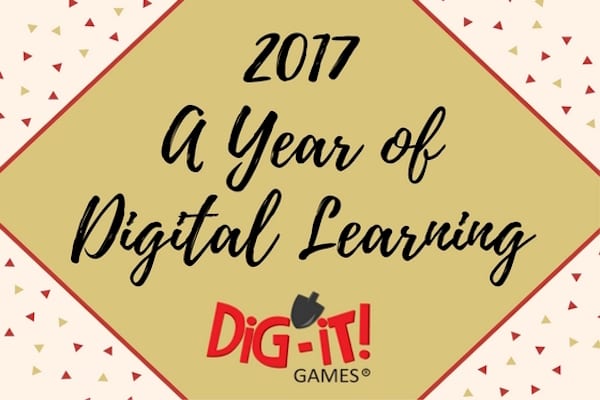

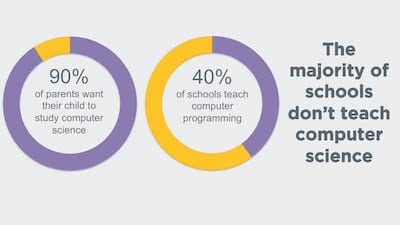 Computer Science Education Week
Computer Science Education Week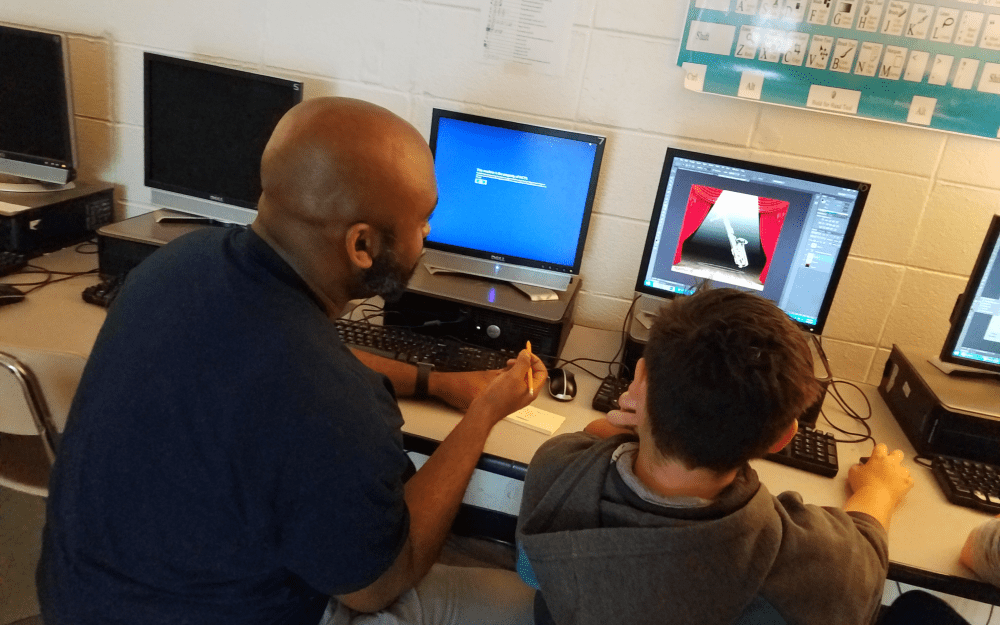
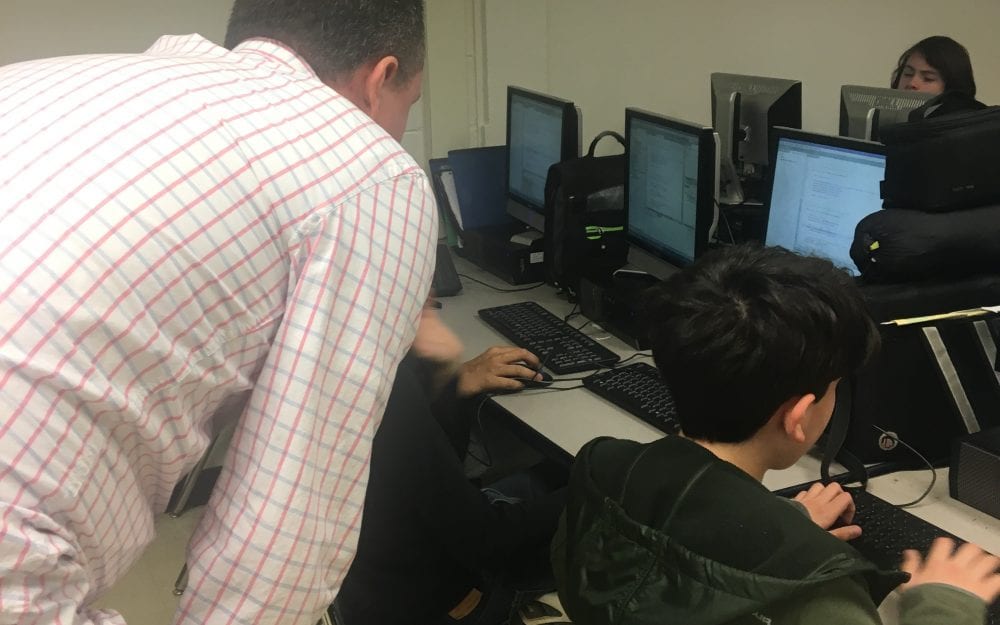
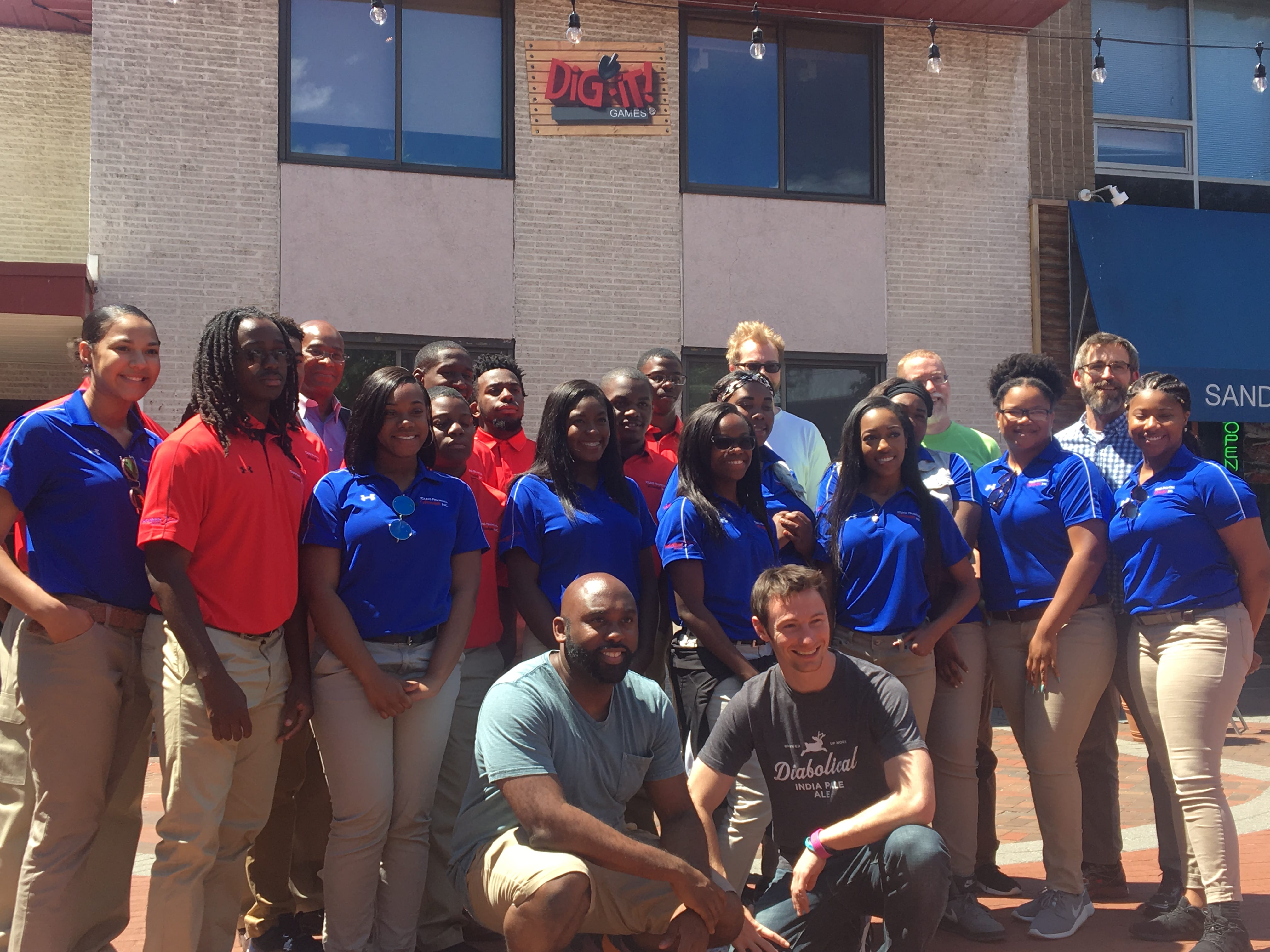
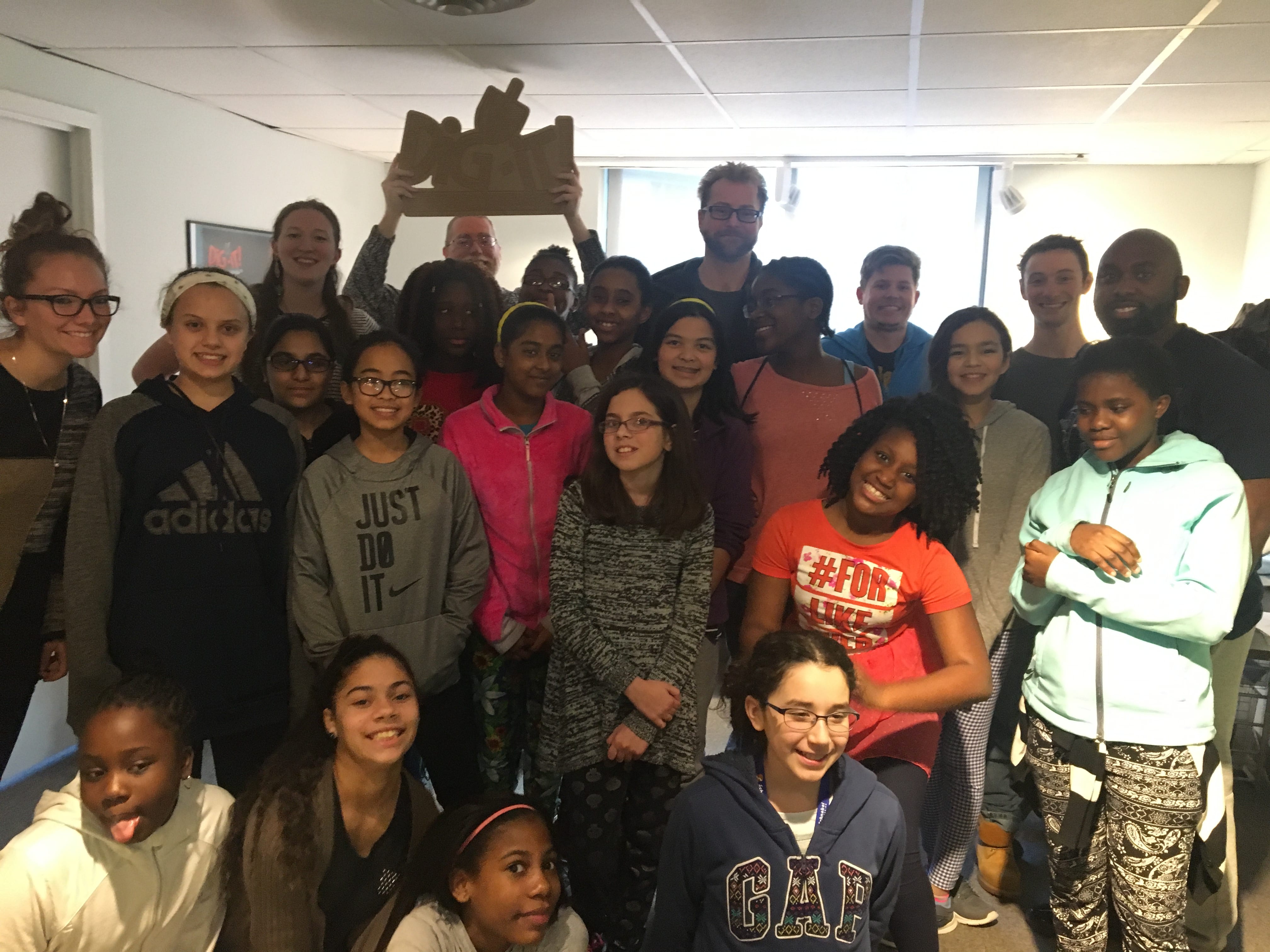
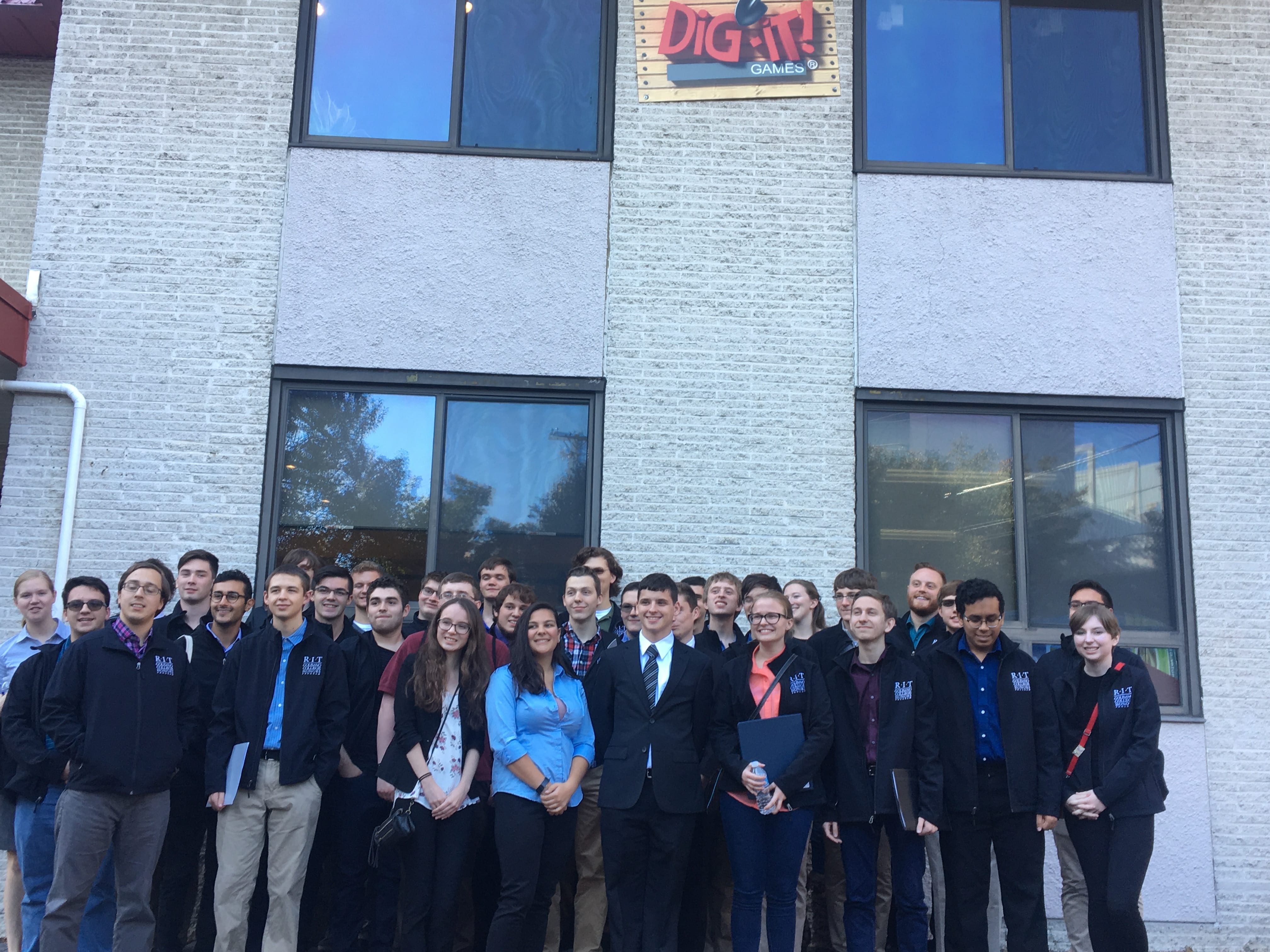
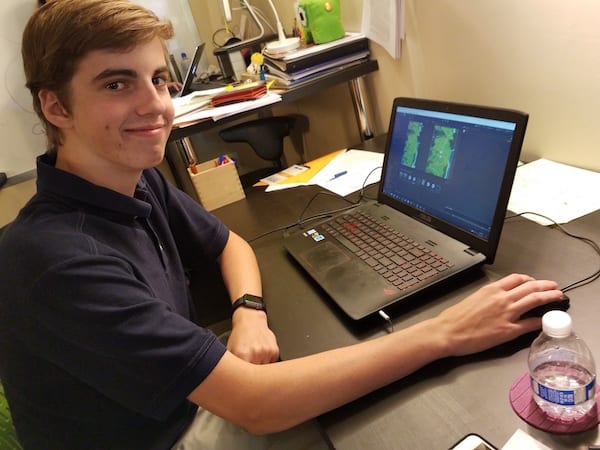 My name is Matt Schneider, and I will be a senior at St John’s College High School in DC in just a couple weeks. Since I am interested in going into the Computer Science field I decided to look for an internship that would get my foot in the door. I was a beta tester for Dig-It! Games this past year so I applied for an internship here to get more coding experience.
My name is Matt Schneider, and I will be a senior at St John’s College High School in DC in just a couple weeks. Since I am interested in going into the Computer Science field I decided to look for an internship that would get my foot in the door. I was a beta tester for Dig-It! Games this past year so I applied for an internship here to get more coding experience.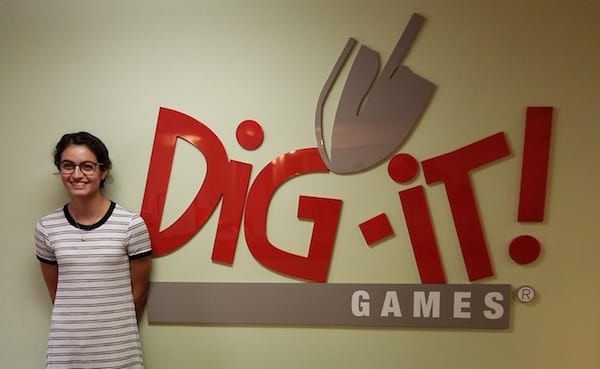 My name is Haley, and I am a rising junior at George Washington University, majoring in Archaeology. I have been working at Dig-It! Games for over a year but this summer I have been working in the office, rather than solely from my computer back at campus. Working in-house has been a great experience that I wish lasted longer than a three-month summer. Dig-It! Games is an exciting workplace that thrives on collaboration and I like being a member of that dynamic. There are three main departments: development, art, and education. I work within the education department.
My name is Haley, and I am a rising junior at George Washington University, majoring in Archaeology. I have been working at Dig-It! Games for over a year but this summer I have been working in the office, rather than solely from my computer back at campus. Working in-house has been a great experience that I wish lasted longer than a three-month summer. Dig-It! Games is an exciting workplace that thrives on collaboration and I like being a member of that dynamic. There are three main departments: development, art, and education. I work within the education department.